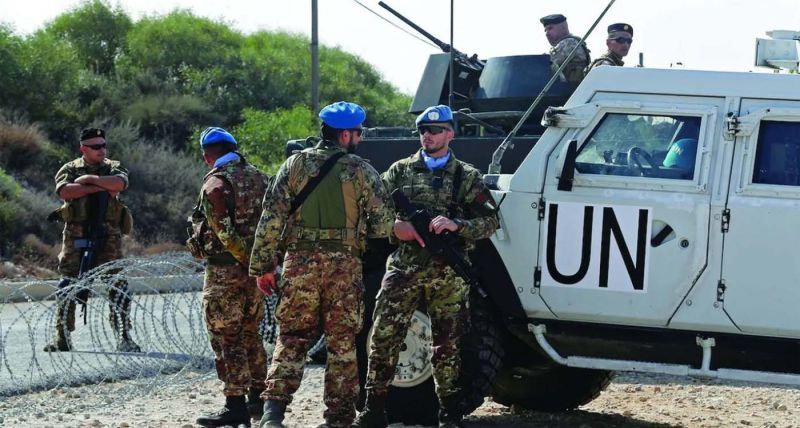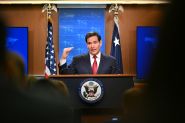
The UN Security Council has decided that the UNIFIL mandate in southern Lebanon will end on December 31, 2026. By 2027, nearly 10,000 peacekeepers are expected to withdraw after almost 50 years of continuous presence – a complex logistical and military challenge. Retired Lebanese General Khalil Helou outlines the key stages of this operation.
On August 28, the UN Security Council voted to end the mandate of the United Nations Interim Force in Lebanon (UNIFIL) on December 31, 2026. After nearly half a century of presence in southern Lebanon, the 10,000 peacekeepers will be required to withdraw in 2027. The operation will be complex – logistically, militarily and diplomatically. How will the withdrawal unfold?
Retired Lebanese General Khalil Helou makes the principle clear: the plan will be carried out “in reverse.” “By midnight on December 31, 2026, Lebanese territory must be fully vacated by UNIFIL,” he explains. Each stage of the withdrawal will be organized backward from the final date. On December 30, the Naqoura headquarters will be handed over to the Lebanese army; on December 29, UNIFIL’s command staff will withdraw, and so on. The entire operation will be conducted under the mission’s command, in close coordination with the Lebanese army and under the supervision of the UN Security Council.
The withdrawal will not be as simple as a few hundred soldiers leaving each month. “The command staff will be the last to depart, as they are responsible for coordinating all operations. Logically, the northern contingents will leave first, followed by those in the central sector and finally those in the south along the Blue Line,” the general explains. Each national contingent will negotiate its precise departure schedule with the UN.
The issue of heavy equipment should not be overstated, Helou adds. “UNIFIL is not threatened, neither by Israel nor by Hezbollah, as long as the withdrawal follows established procedures,” he emphasizes. Armored vehicles, trucks and other equipment will be evacuated via Beirut International Airport and, primarily, the capital’s port, which can accommodate large ships. Some equipment may even be transferred to the Lebanese army, as has already been done.
Regarding the bases, there are two possible options. “If the Lebanese army chooses to take control of them, they will be handed over intact – only the flags will need to be replaced. If not, they will be dismantled to ensure they do not fall into the wrong hands,” the retired officer explains.
The risk of incidents during the convoys is minimal. “But if any fire occurs, UNIFIL has the right to defend itself, and Lebanese army escorts are expected to respond,” he notes. Coordination with Israel will be crucial through regular tripartite meetings in Naqoura, which will continue to be held to prevent any misunderstandings between the armies during the withdrawal.
On the ground, monitoring of the southern border will be carried out by Lebanese army patrols. Technological tools, such as drones or observation balloons, could be deployed, but would require prior coordination with Israel. The UN still maintains a small team of observers who have been present since 1949, and they could continue their role – but their mission is purely observational, without any security responsibilities.
The departure of UNIFIL will not create a security vacuum in the villages of the South. “UNIFIL has never had a law enforcement role; that responsibility has always belonged to the Lebanese army and internal security forces,” the retired officer notes. The checkpoints and markers along the Blue Line can be maintained easily by the Lebanese army. Remaining border disputes with Israel cover only a very small area, less than half a square kilometer.
This sets the stage for a major withdrawal that will require close coordination between the UN, the Lebanese army and regional stakeholders. “Ten thousand soldiers could be withdrawn in a matter of days or over several weeks – it will all depend on the pace decided,” General Helou concludes. One thing is clear: by midnight on December 31, 2026, UNIFIL will have closed its chapter in southern Lebanon.




Comments